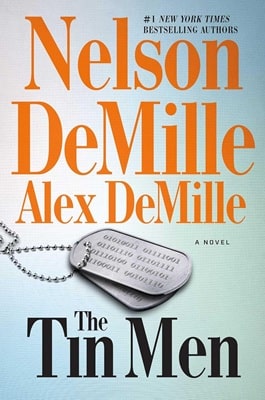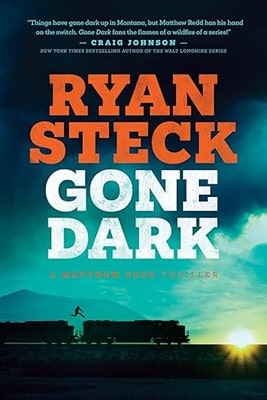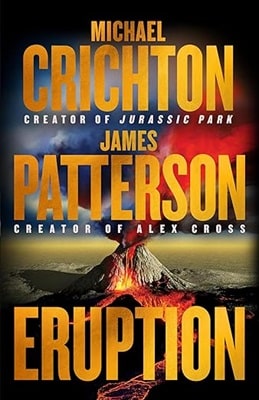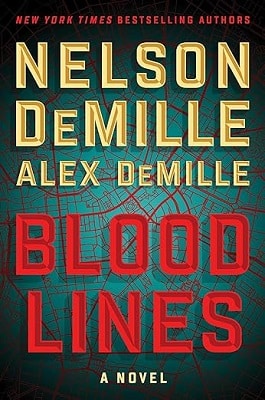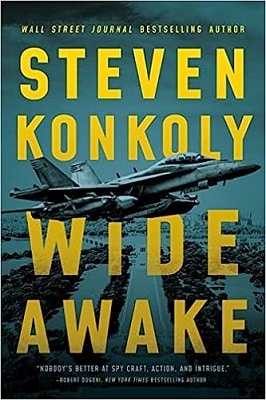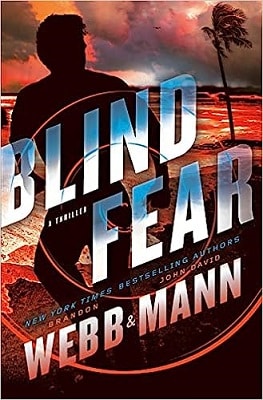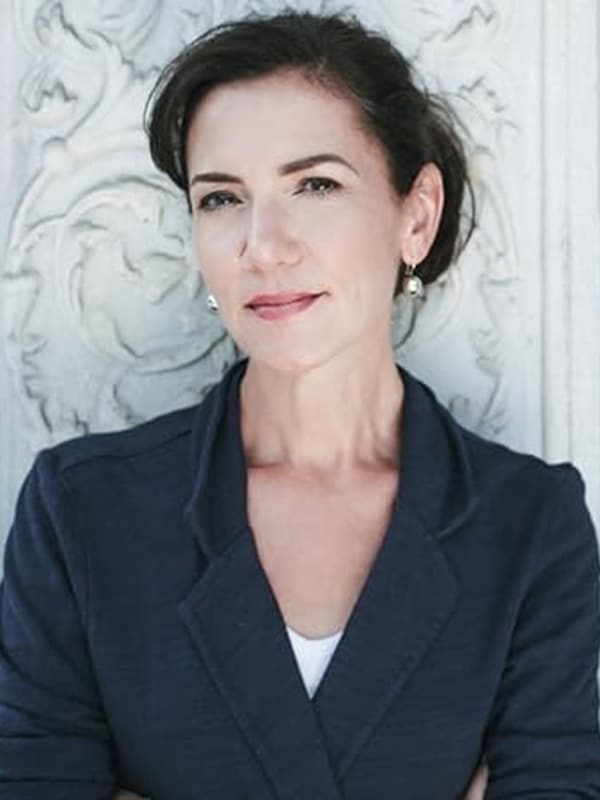
Nina Willner is a former U.S. Army intelligence officer who served in Berlin during the Cold War. Following a career in intelligence, Nina worked in Moscow, Minsk, and Prague promoting human rights, children’s causes, and the rule of law for the U.S. government, nonprofit organizations, and a variety of charities. She currently lives in Washington, D.C.
Q: Did your experience as an intelligence officer help you to write your books?
Nina: Being an intelligence officer helped me write my first book, Forty Autumns. I worked in an American intelligence unit to lead collection operations behind the Berlin Wall. This helped me to chronicle the story of my family through forty years of the Cold War. My mother escaped from East Germany at twenty.
Q: How did you get the idea for this story?
Nina: I am a pretty good researcher and can dig into information. I make sure I find out all the information before I write anything. I had grown up with stories about my father including how he escaped and his time in Auschwitz, the only survivor of his family. He was able to talk to his children about his experiences. He was rescued by the US tank unit D Company where the men were not much older than my father, ages 18 to 23. I interviewed men from that company, and I realized that they also had an incredible story, young untested soldiers going over to Europe during WWII. About ten years ago I thought about writing a book telling the story in parallel, my father’s story and the Company D men. I detail the evil versus good.
Q: How would you describe the head of D Company, Elmer Hovland?
Nina: He has moral character, warmth, compassionate, cares about family, cares about the community, hard-worker, humble, self-assured, confident, stoic, a natural leader, good instincts, competent, and no-nonsense. He is first generation from a devout Christian Norwegian family and learned to be humble from his Minnesota farming family. He had a very average high school education and initially was very reluctant to become an officer. But he did step into the role and became their North Star.
Q: How would you describe Eddie Willner, your dad?
Nina: He was a German Jew who had a close-knit family. He had a sense of humor, as a child a class clown. He grew up in a very integrated progressive community. He was tough, a risk-taker. Once the Nazis came to power, he was isolated because he was Jewish, the family became marginalized and tormented. It did not matter that my grandfather was a WWI hero, just that he was Jewish. Unfortunately, he was placed in concentration camps and labor camps where he barely survived. During those times my dad was tormented, tortured, and abused. He was racially targeted because he was Jewish.
Q: What do you want readers to understand about what the D Company went through versus your dad?
Nina: There appeared like two completely different stories. But each had struggles, sacrifices, and deaths. I hope it balanced the story to see what happened on both sides. They both were grateful and relieved to know they lived another day. They both felt they lived on borrowed time. Each developed a bond with their peers. Those in the camps relied on each other, waiting for someone to rescue them and yet no one came to their aid. Both started off having innocence, energy, and goodness that framed and formed them. In both instances they leaned on each other and ended up looking upon one another as a family.
Q: How would you describe the relationship between your dad and Mike?
Nina: Mike and Eddie formed a deep brotherhood that existed until the end in 1985 when Mike died. I had always known Mike as my uncle. They had a special relationship. They balanced each other with different personalities. My dad was from a middle-class family, while Mike was from a working-class home. My father sized things up and then made decisions on how to proceed and Mike was sensory based. They were closer than brothers, finishing each other’s sentences. It was a relationship formed in their formative years. After they came to the US, they stayed close. Eddie went into the US Army and Mike went into the Air Force.
Q: How would you describe your grandfather, Siegfried?
Nina: He brought up my dad with a strict upbringing and to be aware of other cultures. He helped Mike and my dad survive in the camps. He was a disciplinarian and a protector. He tried to teach them to save themselves physically and to save their souls. He taught them to be invisible, to stay off the radar, to blend in. He was a father to both. Mike’s father was murdered before he got to the camp.
Q: You also go into details about D Company’s struggles with the military equipment, including the tanks. Do you agree?
Nina: Those in D Company and from my own research said the Sherman tank was not fortified well. It could be easily hit and was no match for the heavier, bigger, more powerful German tanks. The D Company’s initial introduction to war was a big surprise that the tanks were not a level of quality they expected. They showed American ingenuity and the cowboy mentality by finding ways to counter the tank’s inadequacies and to succeed. They learned to hit the German tanks on the sides where they were more vulnerable. German parts were found and welded to form hedge-chopper blades. Later, they were given the Pershing tanks which was a much better tank that could stand up to the German Panzer. But that was given late in the war.
Q: How would you describe the Nazi guard labeled as Tom Mix?
Nina: Sociopath, pure evil, and represents the image of what the Nazis stood for. He was a sadist. I said in the book he was not the anomaly but the norm as those Nazis targeted Jews in a nasty way. I used him as my characterization of the average Nazi in the concentration camps. There were others who were just as bad as Tom Mix.
Q: What do you want to say about Langenstein?
Nina: It was a labor camp. This was a Nazi secret program that housed factories making parts for new weapons in underground tunnels. It was Hitler’s delusional last-ditch effort to make these weapons as he headed for defeat. I wrote in the book how the SS had implemented a “kill all, extermination through labor rule, with the objective of getting maximum productivity out of an inmate until he ‘expired.’ Inmates would be simply worked to death.” The life expectancy was six weeks although my father and Mike somehow survived eight weeks. In the beginning of that chapter, I have a quote from my father on how he doubted in another month he would remain alive.
Q: What do you want to say about their escape?
Nina: During the evacuation from the camp, they were able to escape. D Company did not listen to the American military rule to ignore refugees and direct them to Displaced Persons centers. They took them in acting like big brothers/little brothers. The Americans encouraged Eddie and Mike, helped their spirits, and taught them how to cope. Mike and Eddie showed Company D where the German militia was sitting in ambush, so they helped them avoid the ambush. Since Eddie spoke German, he was pulled to the front to be with Elmer, becoming his right-hand man acting as an interpreter and deciphered anything written taken off the Germans.
Q: Can you explain how your dad communicated with Elmer?
Nina: He picked up language super quickly. He was like a sponge, listening to banter to learn English. They absorbed any goodness and kindness, anything that would help them move forward, so they picked it up faster than usual. Elmer somehow was able to get Eddie and Mike on the Army payroll and issued GI uniforms.
The Boys in the Light by Nina Willner reads like a novel. This non-fiction book is a story of love, family, devotion, loyalty, courage, and the ultimate triumph of good over evil.
Eddie, the author’s father, enjoyed the life of growing up in a middle-class neighborhood in Germany, until the Nazis came to power where he and his family experienced growing antisemitism.
Eventually Eddie and his father, Siegfried, a WWI hero, were sent to Auschwitz where they met a Dutch orphan, Mike. Eddie and Mike forged a friendship and looked upon each other as brothers, helping each other survive the horrific conditions of each camp they were sent to, including the labor camp Langenstein.
Meanwhile, in the United States, boys only a few years older than Eddie, were joining the army and heading toward their own precarious futures. A company of 3rd Armored Division tankers was led by 23-year-old Elmer Hovland.
Eventually Eddie, Mike, and D Company’s paths crossed during the last year of WWII when Eddie and Mike escaped and were rescued by D Company. The author shows through their lives how each bonded and went through the similarities of friendship, hardship, and ultimately survival.
This non-fiction book is about love, war, camaraderie, faith, and family during one of the most horrific times. Readers will go through different emotions in reading this story. They will get angry at the unbelievable cruelty and hatred inflicted on Eddie and Mike by the Nazis; sadness as they realize that the tankers of D Company were fighting the Germans with second rate equipment; and will cheer when the two Holocaust victims are rescued by the American soldiers.

